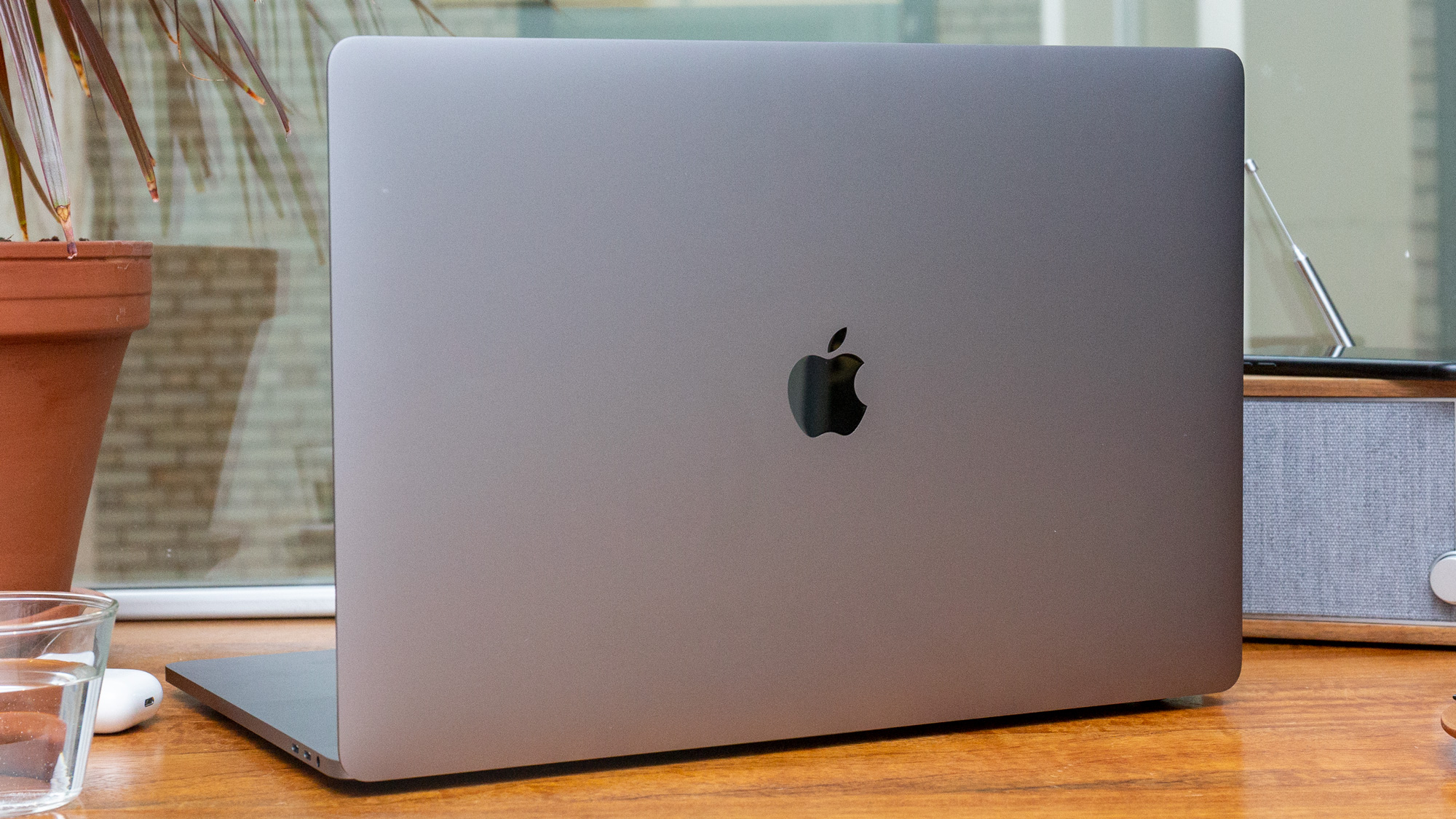4 big problems Apple’s ARM-based Macs will need to solve
ARM Macs could rock the boat for professional creator applications, gaming, AR and more

Apple’s rumored change from Intel chips to Apple-made processors using ARM technology may be touted as a great new change in the press. The promise of longer battery life and thinner MacBooks is alluring, especially as the MacBook Air and Pro design slowly shows their age. But could there be hidden downsides to this big change?
We expect to learn a lot about Apple's plans for ARM-based Macs at Monday's WWDC 2020 conference. But to gauge the tech’s potential impact ahead of the official news, I asked Brianna Wu, CEO of independent game studio Giant Spacekat, and co-host of the Rocket podcast, about the possible risks of Apple's ARM future.
- The best laptops are ...
- MacBook Air vs MacBook Pro: What's the best MacBook?
Some applications could get left behind
Wu's concerns are rooted in what she sees as one of Apple's fraying relationships with users. If you thought the 'butterfly' keyboards were bad, this sounds worse. "When you look at 3D compositing software, 3D modelling software, professional software for special effects or video compositing," she said, "you'll see that these software ecosystems are falling apart in ways that are deeply underreported."
And the ARM transition, if done across all Macs, would be bad news for users in those ecosystems. Specifically, Wu told me "I think the truth is that if Apple moves to ARM, that will cause those apps to go away entirely."
Why would it be such a giant death-blow? Well, Wu broke it down simply, saying, "Converting applications … from Windows to macOS, that takes time, but it's a feasible translation. If you're asking people to refactor all of that application using Apple's tools natively, refactor all of that code in Swift [Apple's coding language], that's a much much much bigger ask."
Things are already tough enough as they are, she said, "If I'm trying to develop games using Unreal Engine, there is a fork of that for macOS but it runs drastically worse than on Windows. It's to the point where most people don't use it. "
Bad compromises in ARM Mac apps
When we saw reports earlier this week about a possible 12-inch ARM MacBook launching this year, I thought about how that's not much time for third-party app developers to adjust. Wu agrees, noting the flaw of any forced emulation of apps for x86-based Macs on ARM systems. "For professional apps, if you're asking it to go through a translation layer, that's obviously going to take a big performance hit as well," said Wu.
Sign up to get the BEST of Tom's Guide direct to your inbox.
Get instant access to breaking news, the hottest reviews, great deals and helpful tips.
"Do I think [an ARM MacBook this year] is theoretically possible? Yeah, I do,” she continued” Do I think it's going to involve a substantial amount of compromise? Absolutely."
We agreed that Apple could easily leave the Mac Pro and iMac Pro out of the ARM revolution. "Look at ARM and think about what the benefits are for users," she said, "stronger battery, enable thinner machines, lessen Apple's cost of chip fabrication so the price for consumers can be lower." Apple doesn't have battery concerns with its desktop Macs, and the hefty price of the Mac Pro shows that Apple's not in a rush to get it to a cheaper price.
Less AAA gaming on Mac
Apple Arcade has been a success for Apple, and a move to ARM would likely make it easier for all Apple Arcade games to arrive on Macs. But that's not the be-all and end-all of gaming on the macOS — which would be trouble for bigger games.
Wu told me that regular users would "certainly notice fewer AAA games coming to macOS. Games like Final Fantasy XIV, and Tomb Raider." Which makes sense. Having to translate these massive games from x86 to ARM, or risk taking a hit on performance, both sound like risks that studios will be increasingly less willing to do.
"Look at the adoption of Metal in macOS," she continued, "Ask yourself how many native games and applications for Windows are ported over to Metal. And the truth is, it's not as large a number as we would like. So I think this would further disincentivize people from working on applications for the Mac."
ARM's effect on Apple Glass
Speculation has been heating up about Apple Glass, Apple's rumored augmented reality headset. Wu sees these stories too, and wonders how they could line up with ARM Macs: "If the next 20 years of Apple is supposed to involve augmented reality," she posited, "how would it be to Apple's benefit to even further hamper a 3D ecosystem that's hanging on by life support?"
You'd have to expect that Apple Glass developers would get pushed away to use PCs, like Unreal Engine developers are. She noted that "There's a version of [the 3D computer graphics application] Maya on macOS, but the performance is so much worse that most people will use Windows."
While it sounds odd that Apple would be OK with losing its high-end developer audience to create an app ecosystem for the Apple Glass, it makes sense. As Wu told me, "if Apple is coming out with an AR product in 5 years, how are developers supposed to do work on it on a Mac, if we can't access the standard tools of the industry of the last 20 years?
Can Apple get ARM Macs right?
The road ahead could involve Apple getting into the market to compete with Maya. That could take a while.
"My message to Apple is that it could throw all the money in the world into making a 3D development tool, it would be at least a decade before they could put together something that could compete with Maya, because the software is that complex," said Wu.
That being said, there's a good case to be made for Apple throwing a wrench into the industry. "The 3D software space is an area that desperately needs disruption," Wu told me. "The software is too difficult to use and extremely expensive, and if Apple could do it right by operating in this space and putting out a competing product, it would do very well. But destroying the Mac Pro and the iMac Pro is not a good way to get there."
The more I think about it, the more I worry about app quality when developers are forced to maintain both ARM and x86 versions. This is why I can't wait for WWDC 2020 to see what Apple's ARM roadmap looks like.

Henry is a managing editor at Tom’s Guide covering streaming media, laptops and all things Apple, reviewing devices and services for the past seven years. Prior to joining Tom's Guide, he reviewed software and hardware for TechRadar Pro, and interviewed artists for Patek Philippe International Magazine. He's also covered the wild world of professional wrestling for Cageside Seats, interviewing athletes and other industry veterans.
